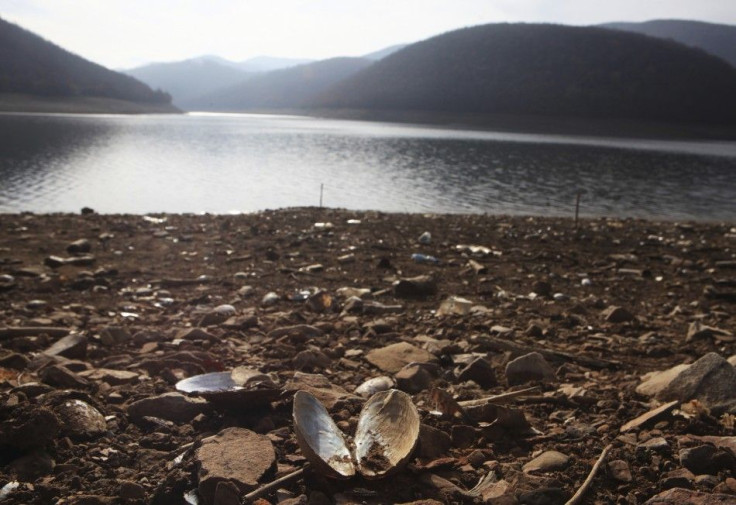Beach In South Africa Covered With Thousands Of Dead Mussels

In a beach in Plettenberg Bay, a town in the Western Cape Province of South Africa, hundreds of thousands of mussels were washed up. Robberg Beach spans a distance of 300 meters.
According to a report by the Herald Live, the residents and visitors of the Robberg beach had been asked not to consume the dead mussels. The mussels, it is said, died due to a red tide, a harmful bloom of algae, but marine experts said that it was unlikely for the red tide to be the cause of the death.
Dr Mark Brown, the programme director of Nature's Valley Trust, said that a similar event had occurred in the same spot in November last year. He added that beds of mussels were broken off by large swells and currents and then it washed up to the shore. It was reported that the Bay area had experienced massive swells in a span of a week. He also said that it did not appear to be linked to anything sinister which included the red tide. He advised the public not to eat the mussels, as a precautionary measure.
According to the Daily Mail, seagulls had taken advantage of the large number of dead mussels. It was reported that flocks of birds had arrived at the beach and were seen eating the dead mussels.
A marine ecologist from South Africa National Parks, Kyle Smith, said that there was a large amount of sand movement, in addition to the swells, which could have also been a factor for the death of the mussels. He said that when the mussels were washed up, most of it was alive because of which the possibility of the death being related to a form of toxin was lowered.
Nandi Mgwadlamba, a spokesman for SANParks Garden Route, said that because of the easterly wind on Dec. 1, the red tide was expected to reach Knsyna soon. He said that if any form of marine life washed up on the shores of the beach, the public should avoid consuming it.
A red tide expert, Dr Tommy Bornman said that earlier in the year, the red tide was not the toxic species which had emerged along the Eastern Cape coastline. He added that blooming did take place in small patches in the Nelson Mandela Bay region, but it was natural and that no untoward incident had taken place at that region.




















